Applied Sciences, Free Full-Text
Por um escritor misterioso
Last updated 30 dezembro 2024
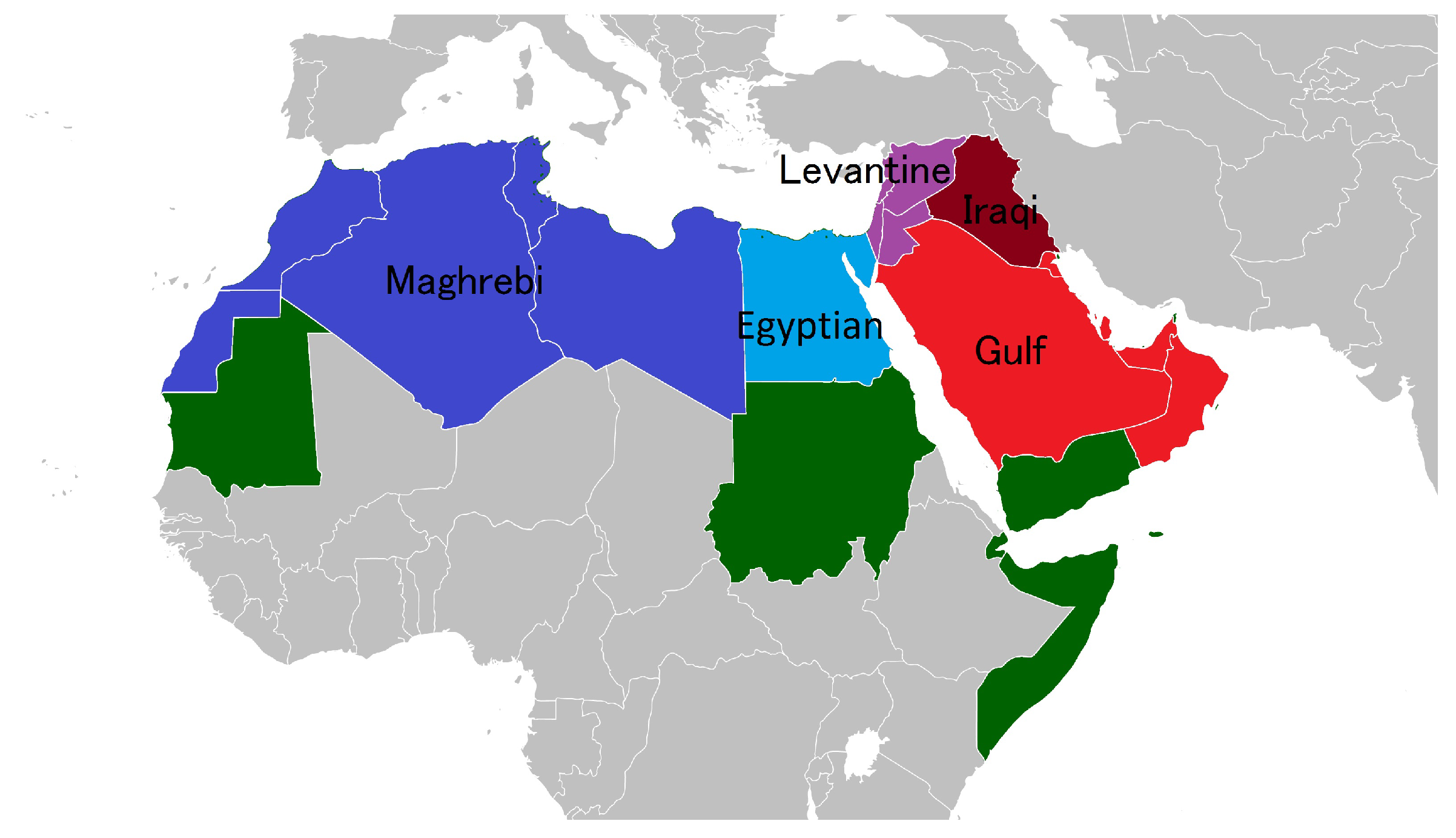
The recent surge of social media networks has provided a channel to gather and publish vital medical and health information. The focal role of these networks has become more prominent in periods of crisis, such as the recent pandemic of COVID-19. These social networks have been the leading platform for broadcasting health news updates, precaution instructions, and governmental procedures. They also provide an effective means for gathering public opinion and tracking breaking events and stories. To achieve location-based analysis for social media input, the location information of the users must be captured. Most of the time, this information is either missing or hidden. For some languages, such as Arabic, the users’ location can be predicted from their dialects. The Arabic language has many local dialects for most Arab countries. Natural Language Processing (NLP) techniques have provided several approaches for dialect identification. The recent advanced language models using contextual-based word representations in the continuous domain, such as BERT models, have provided significant improvement for many NLP applications. In this work, we present our efforts to use BERT-based models to improve the dialect identification of Arabic text. We show the results of the developed models to recognize the source of the Arabic country, or the Arabic region, from Twitter data. Our results show 3.4% absolute enhancement in dialect identification accuracy on the regional level over the state-of-the-art result. When we excluded the Modern Standard Arabic (MSA) set, which is formal Arabic language, we achieved 3% absolute gain in accuracy between the three major Arabic dialects over the state-of-the-art level. Finally, we applied the developed models on a recently collected resource for COVID-19 Arabic tweets to recognize the source country from the users’ tweets. We achieved a weighted average accuracy of 97.36%, which proposes a tool to be used by policymakers to support country-level disaster-related activities.

Applied Science transparent background PNG cliparts free download
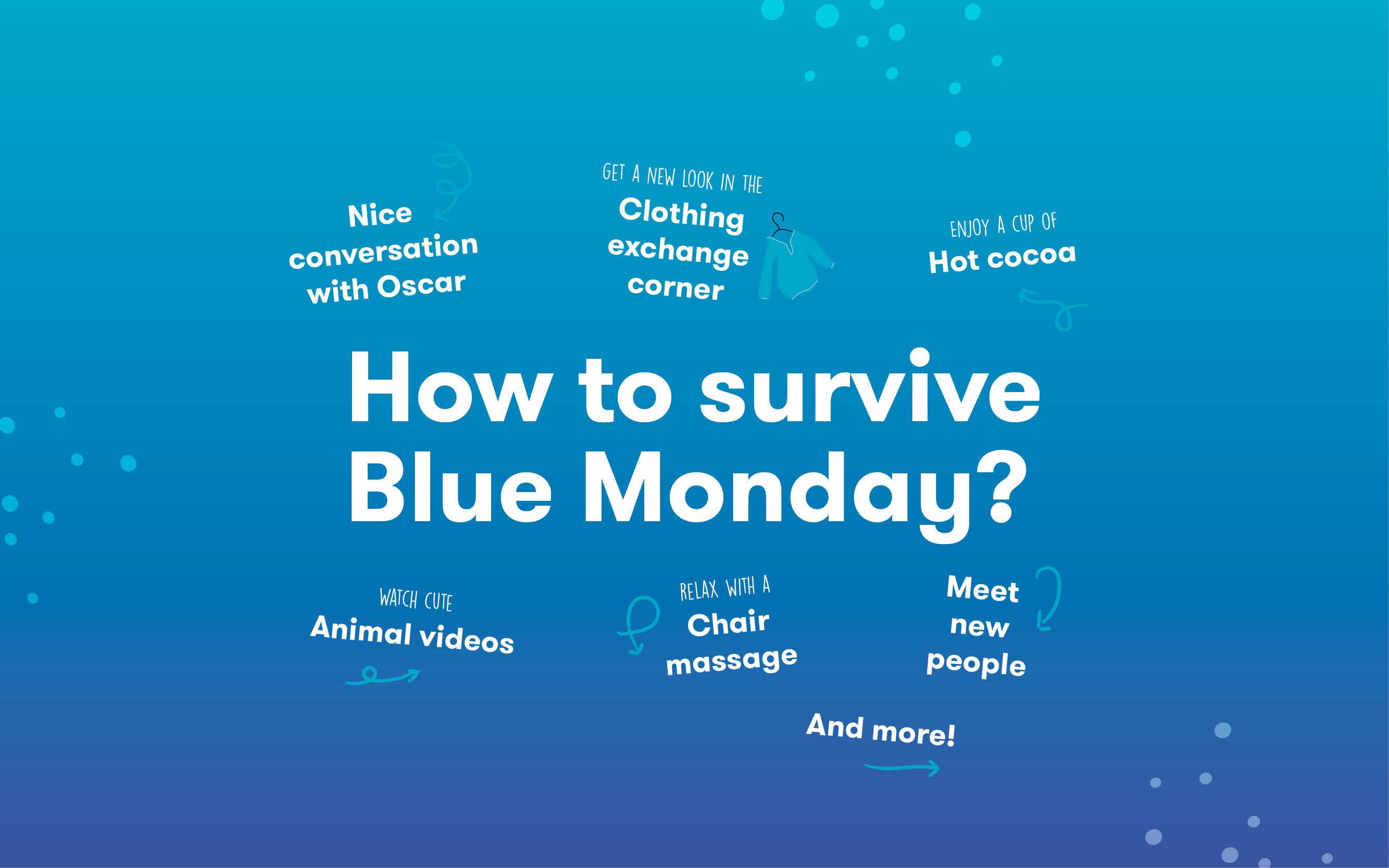
Welcome to THUAS The Hague University of Applied Sciences
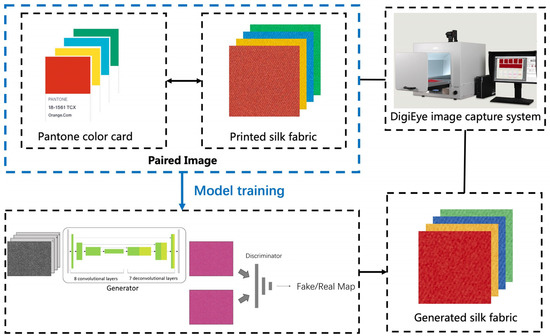
Applied Sciences An Open Access Journal from MDPI
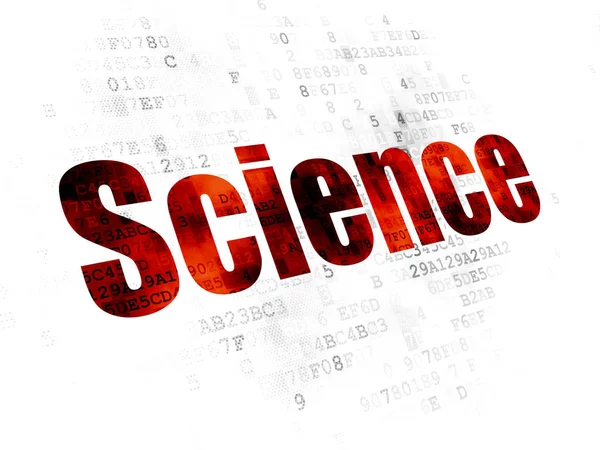
Applied sciences Stock Photos, Royalty Free Applied sciences Images

Opinion Paper: “So what if ChatGPT wrote it?” Multidisciplinary perspectives on opportunities, challenges and implications of generative conversational AI for research, practice and policy - ScienceDirect

Applied Sciences An Open Access Journal from MDPI
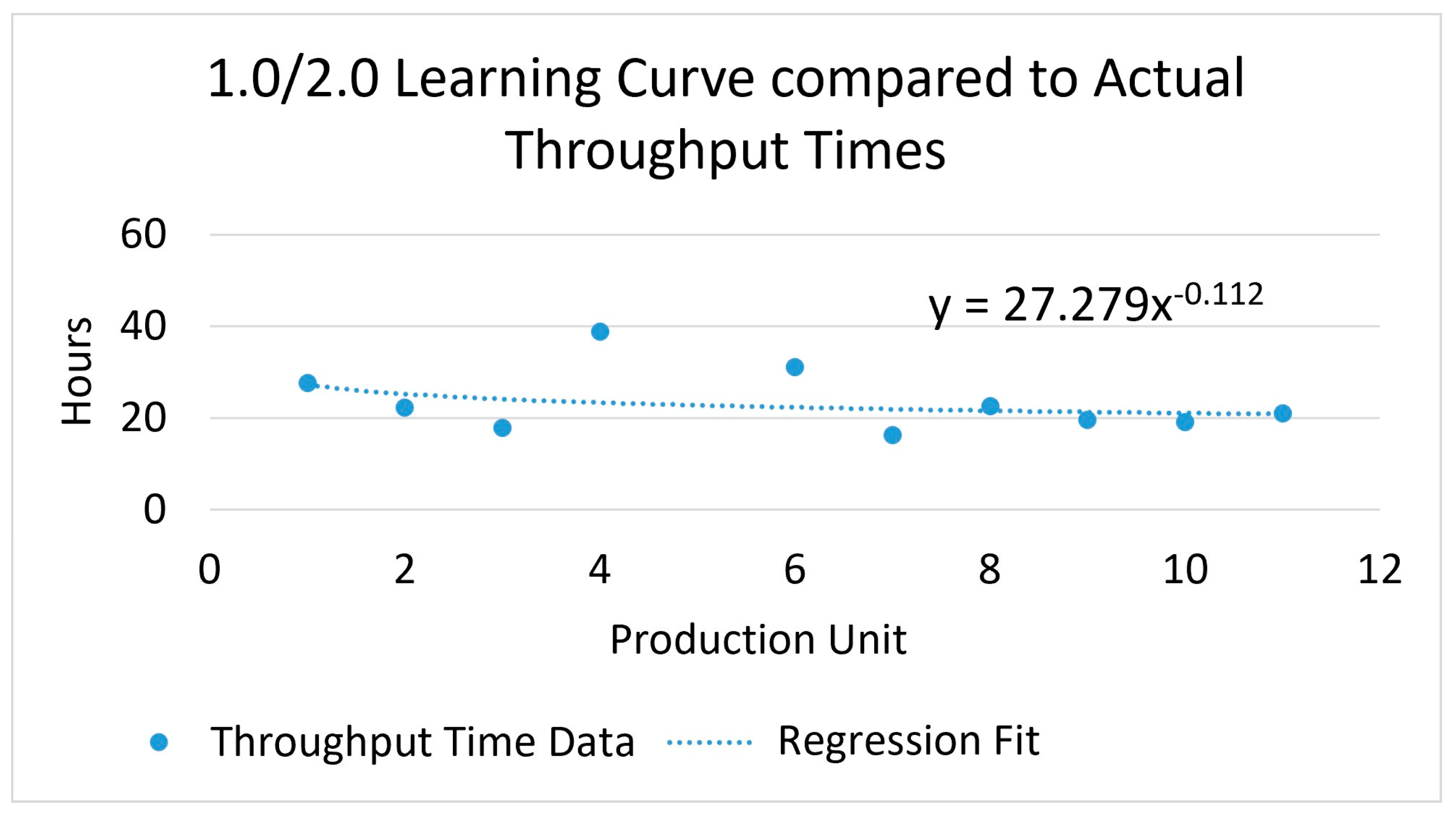
Eng, Free Full-Text
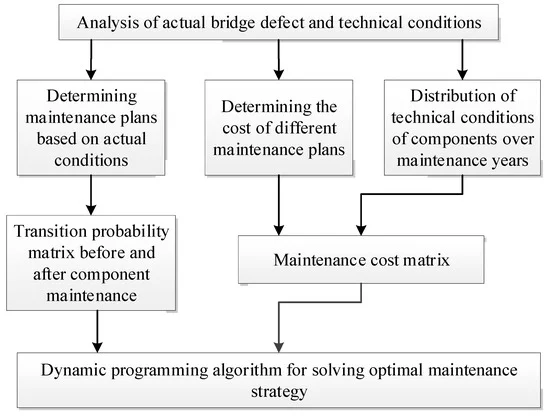
Applied Sciences An Open Access Journal from MDPI
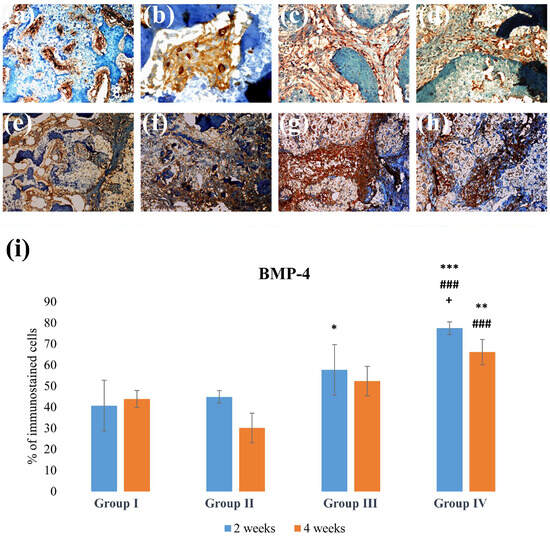
Applied Sciences An Open Access Journal from MDPI

Science, health and medical journals, full text articles and books.
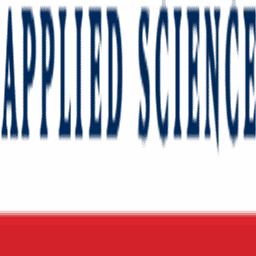
Applied Science - Crunchbase Company Profile & Funding

Applied Sciences, Free Full-Text
Recomendado para você
-
 Project Ghoul Codes - December 2023 - Playoholic30 dezembro 2024
Project Ghoul Codes - December 2023 - Playoholic30 dezembro 2024 -
 World Defenders Tower Defense Codes (December 2023) - Prima Games30 dezembro 2024
World Defenders Tower Defense Codes (December 2023) - Prima Games30 dezembro 2024 -
 Avatar: Rogue Benders Codes - Droid Gamers30 dezembro 2024
Avatar: Rogue Benders Codes - Droid Gamers30 dezembro 2024 -
 daily lelouch on Twitter Anime, Code geass, Anime images30 dezembro 2024
daily lelouch on Twitter Anime, Code geass, Anime images30 dezembro 2024 -
 Roblox Yeet a Friend codes in August 2023: Free stars, slime pets & rewards - Charlie INTEL30 dezembro 2024
Roblox Yeet a Friend codes in August 2023: Free stars, slime pets & rewards - Charlie INTEL30 dezembro 2024 -
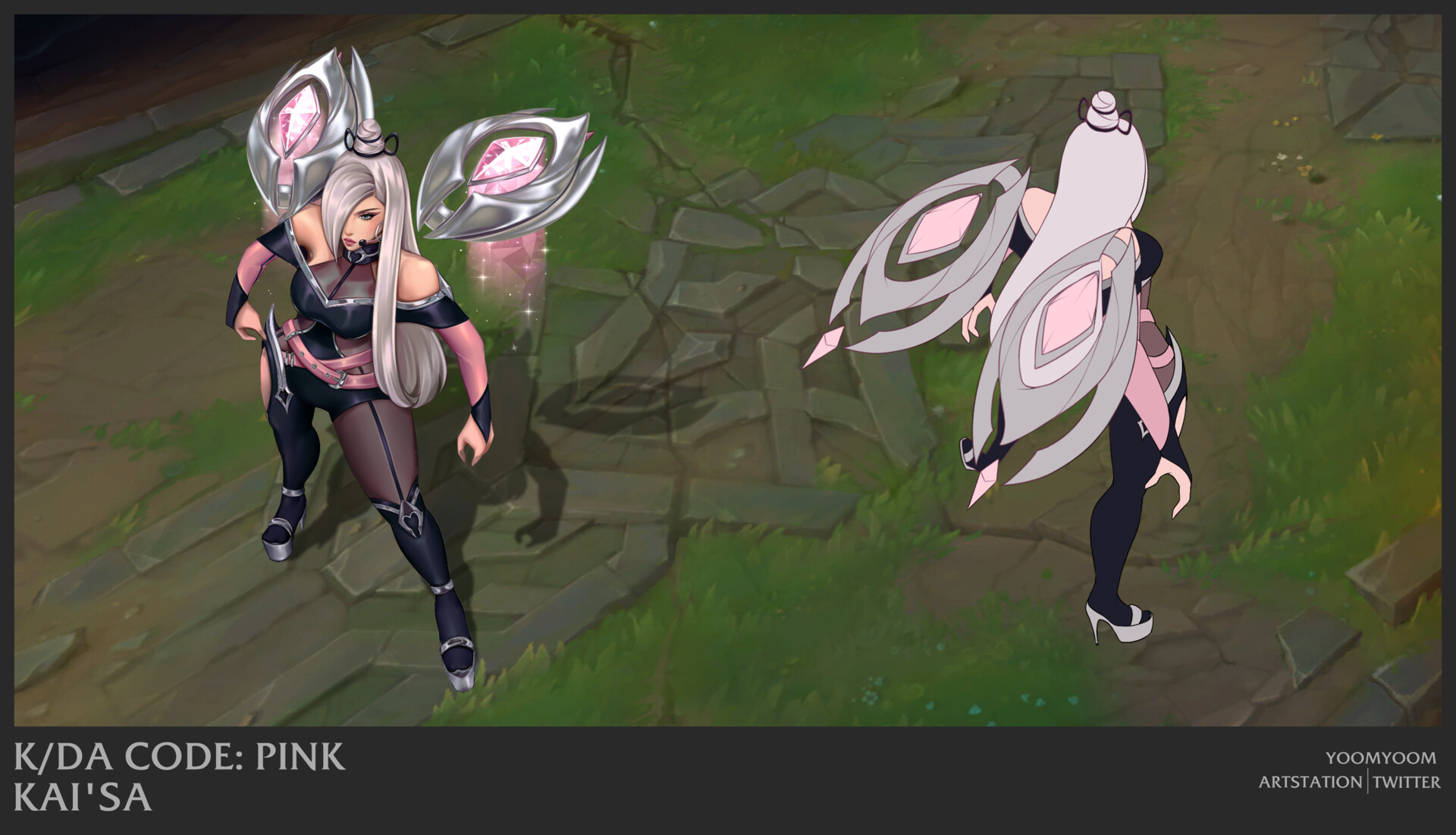 ArtStation - K/DA CODE:PINK Kaisa (fan project)30 dezembro 2024
ArtStation - K/DA CODE:PINK Kaisa (fan project)30 dezembro 2024 -
PerigRINE30 dezembro 2024
-
 Make you the best fortnite header for twitter or twitch by Leffy0230 dezembro 2024
Make you the best fortnite header for twitter or twitch by Leffy0230 dezembro 2024 -
 Roblox Project Mugetsu codes (April 2023): Free rerolls, spins & more - Dexerto30 dezembro 2024
Roblox Project Mugetsu codes (April 2023): Free rerolls, spins & more - Dexerto30 dezembro 2024 -
 Every Code in Project Ghoul: Online (UPDATED)30 dezembro 2024
Every Code in Project Ghoul: Online (UPDATED)30 dezembro 2024
você pode gostar
-
 Opening Night (1977)30 dezembro 2024
Opening Night (1977)30 dezembro 2024 -
Meaning of Come Back in One Piece by Aaliyah (Ft. DMX)30 dezembro 2024
-
 The Antitrust Paradox Book Forum Featuring Robert H. Bork, Jr.30 dezembro 2024
The Antitrust Paradox Book Forum Featuring Robert H. Bork, Jr.30 dezembro 2024 -
 CS GO TRAVANDO MESMO COM O FPS ALTO. :: Fórum em Português30 dezembro 2024
CS GO TRAVANDO MESMO COM O FPS ALTO. :: Fórum em Português30 dezembro 2024 -
The Aesthetic Gamer30 dezembro 2024
-
 Meme Flork Cool Men's Tall T-Shirt30 dezembro 2024
Meme Flork Cool Men's Tall T-Shirt30 dezembro 2024 -
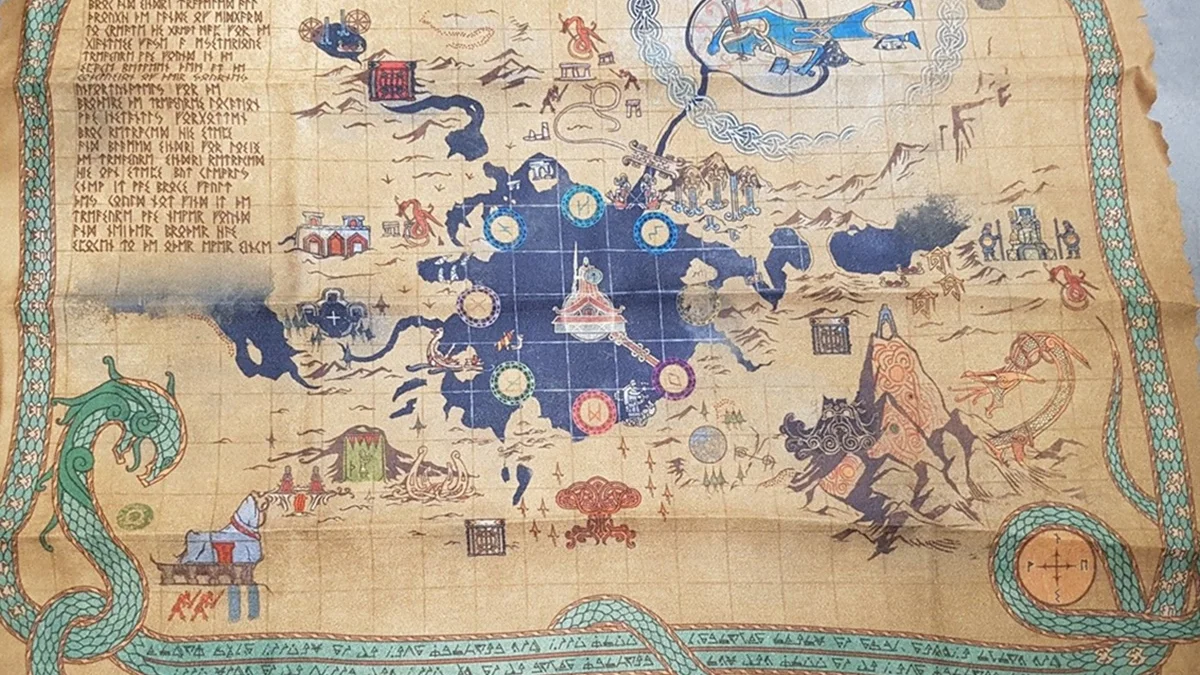 Mapa de edição especial de God of War contém um enigma escondido30 dezembro 2024
Mapa de edição especial de God of War contém um enigma escondido30 dezembro 2024 -
 Nanatsu No Taizai30 dezembro 2024
Nanatsu No Taizai30 dezembro 2024 -
 Nerf Ultra Series Overview & Top Picks (2023 Updated)30 dezembro 2024
Nerf Ultra Series Overview & Top Picks (2023 Updated)30 dezembro 2024 -
 Important - FM23 is FREE as an Prime benefit : r30 dezembro 2024
Important - FM23 is FREE as an Prime benefit : r30 dezembro 2024

